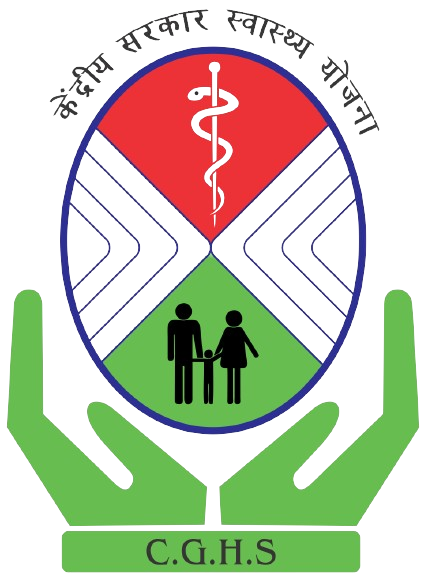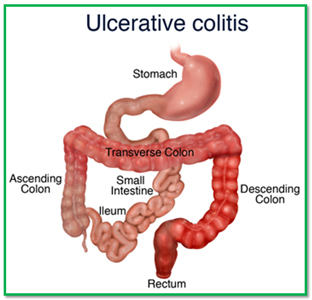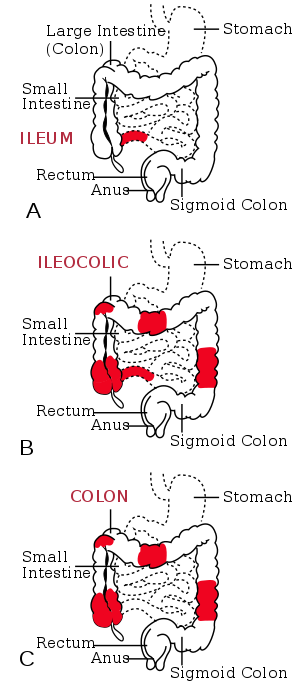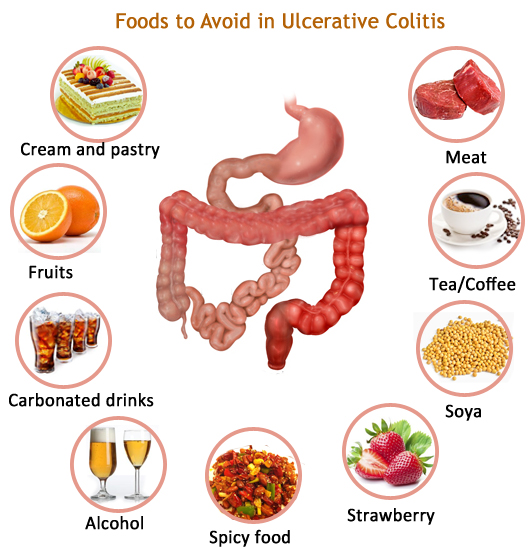Ayurveda is a natural system of healing and health maintenance. According to Ayurvedic medicine, healthy digestion plays an integral part in establishing good health and well-being. When the digestive system fails to function optimally, the body becomes congested, blocking circulation and inhibiting movement of toxins out of the body. Therefore, it is imperative that people work to establish good digestion.
As per Ayurveda, Ulcerative colitis can be considered as ‘Pittaja Grahani’.
In Ayurveda, it is known that perfect health exists when the three fundamental energies (doshas: Vata, Pitta and Kapha) are in balance. Out of these three, when Pitta dosha gets imbalanced, vitiates intestines and causes Pittaja Grahani.
Pitta energy fuels all the biochemical activities, including transformation, digestion, metabolism and assimilation. Pitta is responsible for all the enzymatic and endocrine activity, regulation of body temperature, pigmentation, vision, intelligence, vitality, ambition, courage and understanding. The key qualities of pitta are hot, quick, light, liquid, spreading, slightly oily and fleshy smelling.
Causes of Pittaja Grahani disease are Mandagi (poor appetite and poor digestion), irregular, improper and irrelevant diet habits, heavy to digest or indigestible foods, junk food, Pitta aggravating diets like excess of spicy, pungent, acidic, sour, alkaline nature foods, food items which produces burning sensation in the body, exposure to excess hot climate, alcohol, smoking, excess anger etc. Non-following of the healthy diet habits (Pathya) in certain digestive disorders, especially the conditions of post diarrhoea and irritable bowels, is also one of the causes of this disease.
Pittaja Grahani produces the classical symptoms of Ulcerative colitis. Vitiation of Pitta, when reaches extreme will causes severe inflammation, ulceration and rectal bleeding (active phase or flare-up).
At Bhagwati Ayurveda, we offer very effective treatment for Ulcerative colitis based on the classical principle of Ayurveda and our research. Our treatment of Ulcerative colitis is focused in healing the ulcers and restoring the normal function of colon and maintaining the overall health of the digestive system.
Treatment involves Shamana chikitsa (internal medicines), Shodana chikitsa (Panchakarma therapy), lifestyle modifications and very strict diet regime. In more severe case Panchakarma therapy plays a vital role as it quickly detoxifies & rejuvenates the digestive system, controls the inflammation, rectal bleeding and heals the ulcerations.
Usually, results are very good with an Ayurvedic line of treatment. Early cases tend to respond quickly than chronic. If a patient can stick to all the guidelines as advised, even complete cure can also be achieved.






